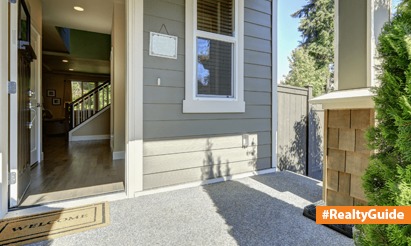Consequences of expiry of leases: A quick guide
You have reached the end of your lease. What will happen now? Well, let’s see what happens after the expiry of the lease and what its consequences are.
According to the Transfer of Property Act of 1882 (TPA), one can cancel lease agreements at any time after they expire. Thus, you must be aware of the consequences of the expiry of the lease due to the lapse of time, especially when selecting between an ‘extension,’ ‘renewal,’ or ‘hold over’ of a lease.
Lease renewal
Renewal of lease happens because it occurs after a pre-existing lease, usually including a renewal provision. Apart from that, lease renewal is a ‘new’ lease grant from the landlord.
While renewing a lease, it is essential to ensure that the original Lease Deed does not automatically stand renewed for an additional period upon expiry of the initial lease term. Therefore you must execute the lease deed again and ensure that it is properly stamped and registered.
Renewal clauses exist in an original Lease Deed. You have to renew the lease by such a clause; whether or not you are eligible for further renewals depends on the facts and circumstances. To restore a lease successfully, you must do so within the specified period of the original contract.
Moreover, you can sue for specific performance of the renewal clause if the landlord fails to execute and register the ‘fresh’ grant of lease for the further lease term.
Extension lease
Extension clauses allow you to extend a lease on the same terms and conditions as the original lease, which usually entails higher rent and security deposits. In contrast to a Lease Deed with the renewal clause, you don’t have to worry about the lease expiration of the initial lease period – hence it is unnecessary to worry that it will terminate upon expiration.
Since a renewal Lease Deed is treated independently from the original lease and there is no stamp duty to pay on the two agreements. In the case of an extension clause, to be effective, you have to pay stamp duty in the first instance calculated based on the total lease term.
Property holding
Landlords and tenants depend on ‘renewal’ or ‘extension’ clauses to continue the lease period beyond the initial term. However, you and your landlord can make a new lease under an implied agreement without a written contract. A tenant can also keep possession of a property after an initial lease has ended, commonly referred to holding over the property.
However, maintaining possession of a property does not automatically mean that the landlord and tenant are entitled to a new lease, nor does it necessarily mean they must enter into a bilateral agreement. If the parties decide to keep the tenancy on the terms and conditions of their earlier lease, such holding over will amount to a new deal.
Therefore, the following are some of the consequences you may face when the lease expires, so you must take a time-to-time decision after the lease expires.
Disclaimer: The views expressed above are for informational purposes only based on industry reports and related news stories. PropertyPistol does not guarantee the accuracy, completeness, or reliability of the information and shall not be held responsible for any action taken based on the published information.




